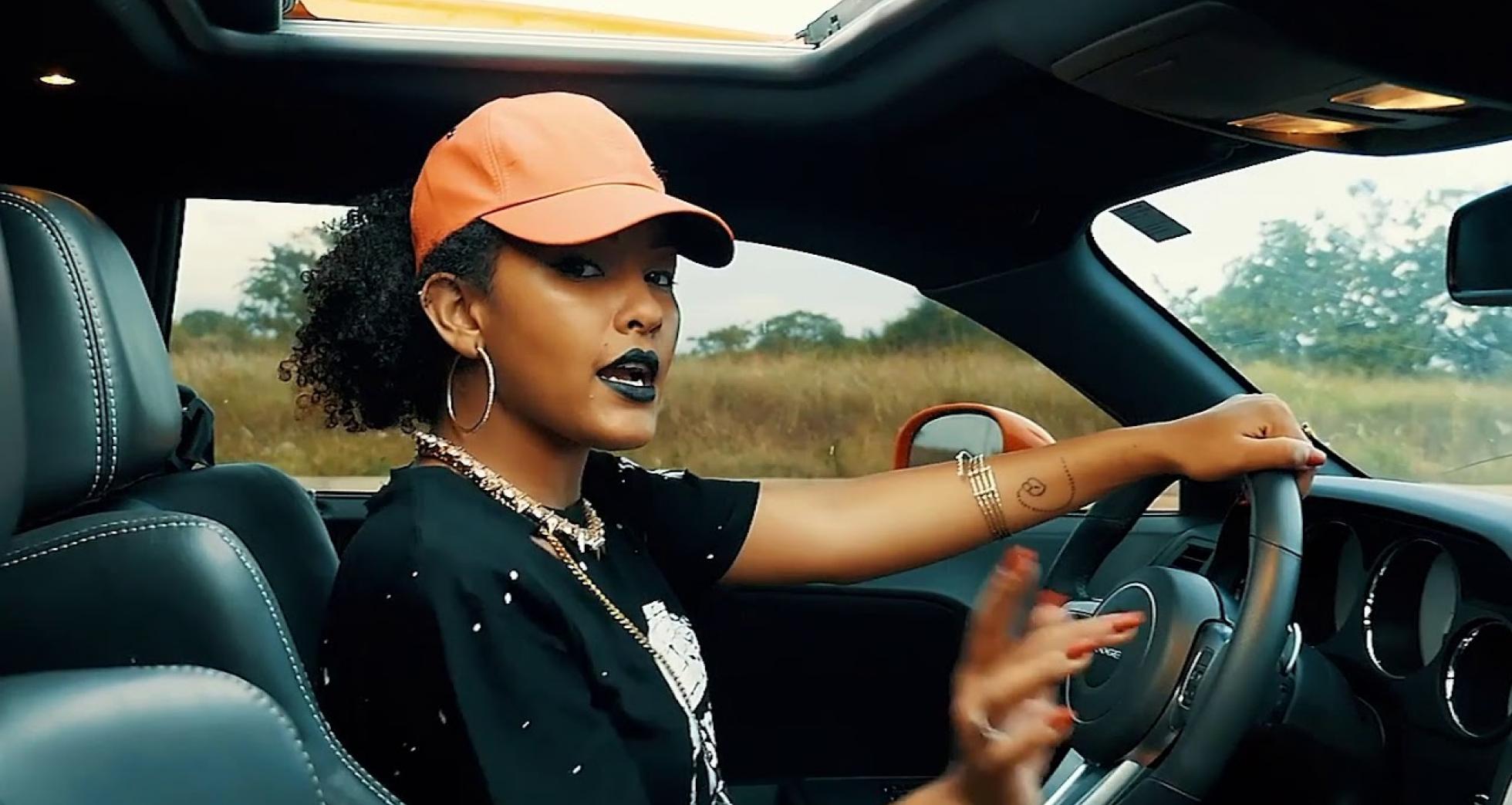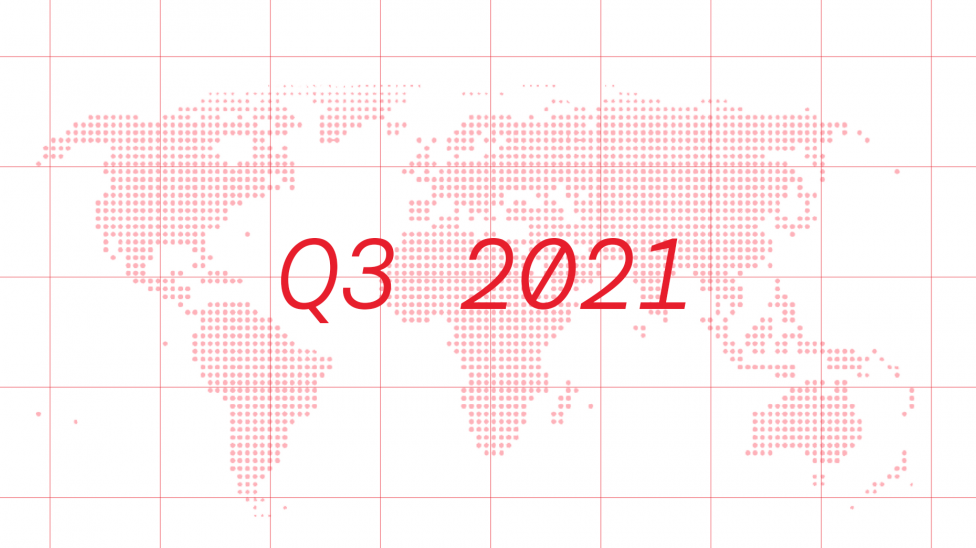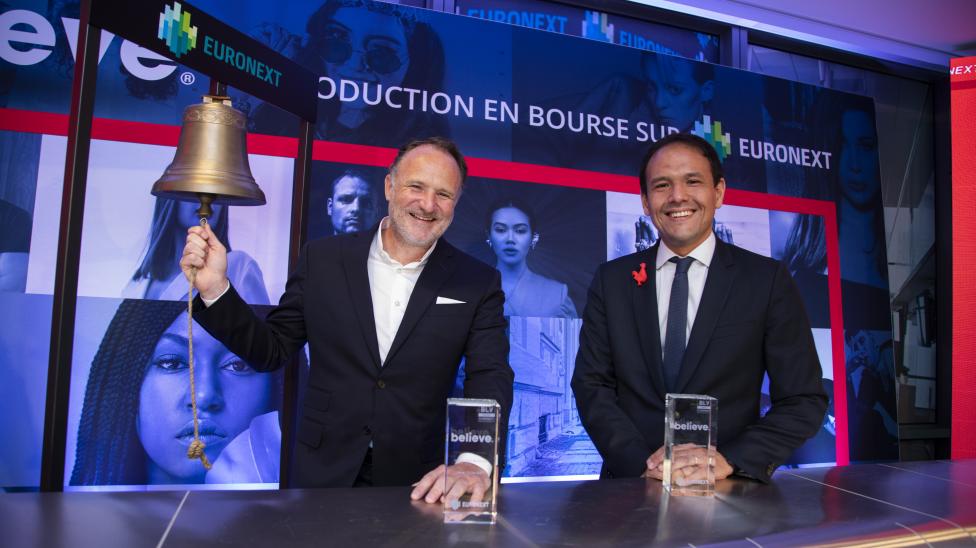
Meet the Divas, the vibrant female artists conquering audiences in Lusophone Africa

In past years, we’ve seen how Digital Streaming Platforms have changed music markets around the globe, shedding light on the consumption habits of demographics that previously were somewhat unattended by the music industry. As a result, the voice of second and third generation migrants in the U.S. and Europe has played a key role in the rise of artists coming from the Pop Urbano and Afrobeats scenes such as J. Balvin, Bad Bunny, Wiz Kid or Tiwa Savage. A new generation of artists that currently it’s no longer necessary to either sing in English or come from any of the main anglo markets to become a global superstar.
According to the recent paper “Local Sounds, Global Cultures” from MiDIA, as DSP’s continue to expand into emerging markets beyond the so-called “trigger cities”, it is expected that not only we will experience the rise of more global superstars that sing in languages other than English, but also that the presence of international acts on regional markets will consistently lose ground to local artists coming from the domestic scenes of each territory. This means that local pop stars that rose to stardom using their own distribution channels will likely face a fertile ground to become regional superstars by hopping on the greater connection with large scale audiences that Streaming Platforms are making available for them.
This seems to be the case for African Lusophone countries where Spotify has recently opened activities. Here we can find a vibrant scene of longstanding divas that are conquering audiences across the region and the main hubs of their diasporas by creating a musical sweet spot that combines the sound aesthetics of American RnB, Pop Urbano and Afrobeats; as well as the legacy of Lusophone rhythms such as kizomba, marrabenta and zouk. All of this topped by a high dose of romantic feminine sensibility.
Soraia Ramos
“I have always loved the language from my country, and always felt my voice sounded better in it, so I decided to sing in Creole. I felt that this brought out a side of me that I didn’t know existed and brought strength into my music” - Soraia Ramos
Even though she was raised in Portugal and France, Soraria Ramos made a name for herself in the Cabo-Verdean scene by uploading cover versions on Youtube of singers such as Anselmo Ralph, Rihanna and C4 Pedro. After her cover of “Bo Tem Mel Remix” by Nelson Freitas and C4 Pedro became widely popular, she was invited by C4 Pedro himself to perform on the stage of Zénith in Paris, making her into a viral star overnight. From that moment, she has become one of the most followed artists from the Lusophone world, known for combining her great singing skills with connection with the music from her homeland.
Pérola
“The interaction and connection of our music with other Lusophone countries is going well. It’s something to be proud of. More people know about the Angolan music culture and our type of music including some of our dances. People have been identifying and liking our sound. That is very gratifying!” - Pérola
Pérola had her first steps in her industry after being part of the Coca-Cola Pop Stars show in South-Africa in the early 2000’s. Ever since, she has become one of the most followed celebrities in Angola. Although she is used to experimenting with a variety of styles that go from lighthearted sembas all the way to highly electronic kuduro, some of her most streamed hits are the ones that express romantic themes on top of a mix of new RnB and Kizomba. This is the case of her latest single “Nao Custa Nada”, a song whereher romantic signature continues evolving into perfection.
Yola Araujo
"I try to be better at what I do, passing on good messages through my music and being more and more a better person, thus passing good example” - Yola Araujo
Yola Araujo is another one of the key voices of Angolan pop. She started her career in the girl band Melomanias and was also part of the acclaimed duo Yobass, alongside producer Bass. In her latest hit “Com Céu”, she switches from the Bad Gyal inspired trap vs dancehall beats and autotune that she showed in her previous hit “Bate Bola Baixo” for a slowed down RnB that serves as a base for the sweet and romantic melodies coming out from of an acoustic guitar.
Ary
“We can see that others Africa countries are knowing more about Angola, about our music, food culture and this is something that makes us feel very proud” - Ary
Ary is an Angolan singer that made her first steps in the industry after being discovered by music producer Heavy C. Shortly thereafter, she achieved great success with songs such as "Meu Patrão" composed by Anselmo Ralph, and "Teu Grande Amor" by Heavy C, among other hits. In her 14-year career Ary has become one of the most awarded female artists in Angola. Some of her accolades include the prize for Best Lusophone act at MTV Africa Awards in 2015 and winning on two occasions the “Top Dos Mais Queridos” awards by the Radio Nacional de Angola. Ever since she has continued to top the charts, either by herself with hits such as “Bida Di Gossi” or collaborating with blockbuster draws such as C4 Pedro on “Nossas Coisas”.
Anna Joyce
Anna Joyce has a privileged voice that can go back and forward between American RnB and kizomba whilst printing a distinct flavour of Angolan saudade. After surviving a brain cancer in 2011 she rose to fame with her debut single “Curticão”, also produced by Anselmo Ralph. Ever since, she has gathered a wide array of awards and nominations including being nominated in the MTV Africa Awards both in 2020 and 2021. Most recently, she has been able to reach the top of the Angolan charts with “Puro”, the soundtrack of a perfect love story.
Elisabeth Ventura
“What they feel and cannot express, I speak for those women so that they can have some support and solve their problems” - Elisabeth Ventura
Also hailing from Angola Elisabeth Ventura is a diva with a somewhat different path to fame as the rest of the artists mentioned before. She comes from a hip-hop background where she has proved to be able to print her flow seamlessly on top of the agressive beats and cold melodies of trap music. However, in the past years we’ve seen her find an irresistible groove by moving towards a kizomba aesthetic tinged with RnB and Pop Urbano, while maintaining her unique rhythmical lyrical flow.
Bruna Tatiana
“If you have talent, never stop pursuing your dream even in the midst of the many obstacles you will encounter” - Bruna Tatiana
Bruna Tatiana is a well-known figure of Pop Culture in Angola. After starting her path in the music industry recording for rap group SSP, she participated in the first generation of Big Brother Africa. In her most recent single “Sempre Foste Tu”, she also picks on the theme of eternal love to combine her well known use of romantic guitar sound with the contagious rhythm of kizomba, to create a song that you could easily imagine yourself dancing to at your own wedding .

